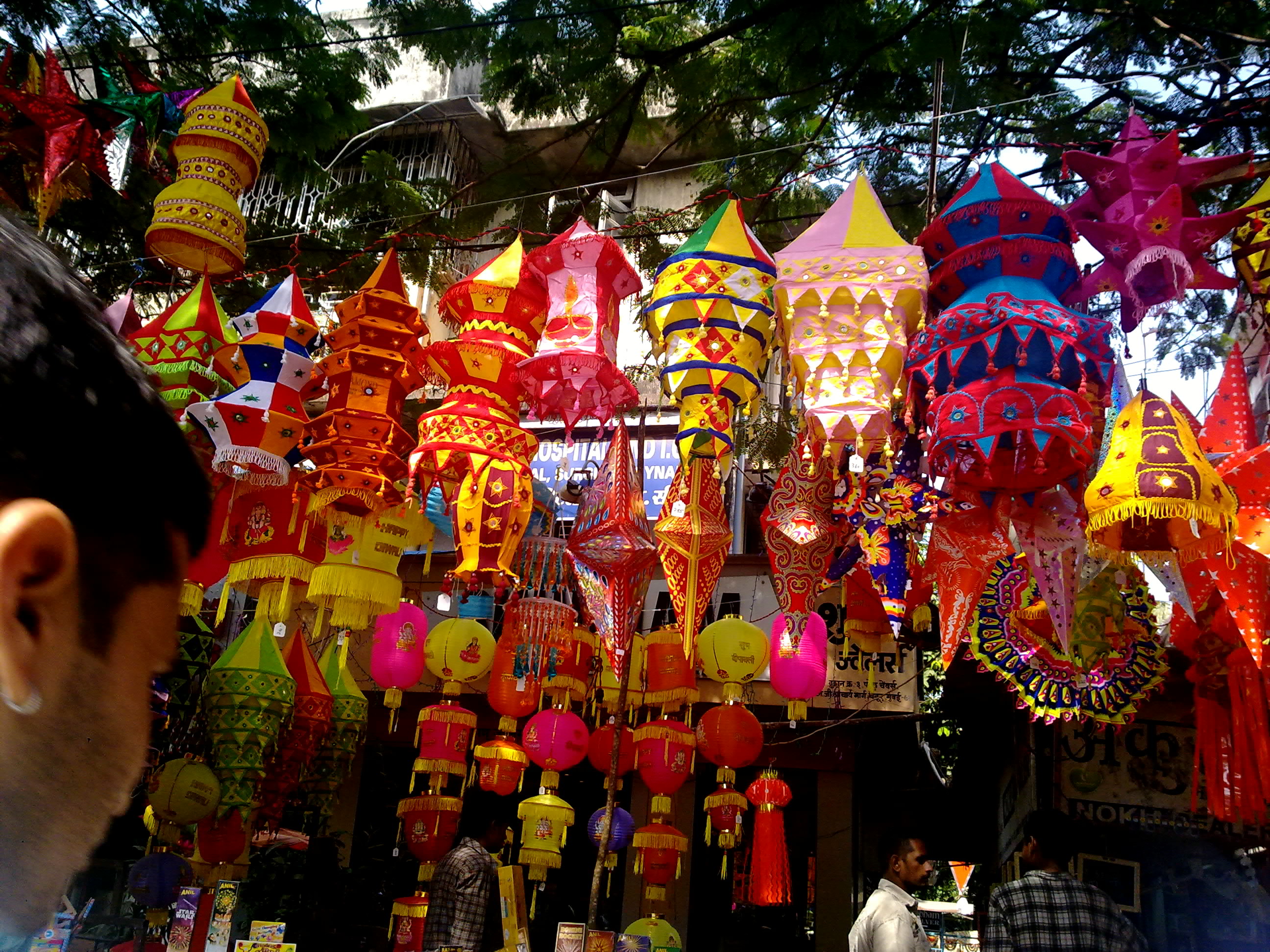The ripples of the India-China border standoff will be seen during the festive season as Indian traders and consumers are boycotting Chinese goods. Although Chinese goods have suffered a backlash in recent years, especially during the Diwali season, the heightened tensions on the border have intensified it this time.
Faulty Chinese Military Hardware Is Paving Way For India To Emerge As A Global Weapons Exporter
According to the Confederation of All India Traders (CAIT), out of around Rs 70,000 crore business done in India every year during the Diwali season by traders, goods worth around Rs 40,000 crore were imported from China in the past years.
“But because of the brutal massacre by China killing 20 Indian soldiers mercilessly, there is great anger and resentment towards China in the people of the country which has prompted the people not to buy Chinese goods.”
However, Chinese state media, Global Times (GT), dismissed CAIT’s claim saying that the “self-righteous thinking” of some Indians reflects a “poor understanding of China’s export scale of small commodities.”

“While Diwali is an important festival in India, its relevant trade volume is quite small compared with China’s small-commodity exports,” it said, adding that the world’s largest small commodity hub in Yiwu, East China’s Zhejiang Province, Diwali’s merchandise trade volume is far less than that of Christmas products.
CAIT National President B. C. Bhartia and Secretary General Praveen Khandelwal said that the traders are sufficiently stocking up with goods including mobile, electronics, electrical goods, toys, home furnishings, kitchen accessories, gift items, watches, readymade garments, footwear, cosmetics, beauty products, furniture, FMCG products, consumer durables, stationery, Diwali puja and decorative articles for the home, shop, and offices, etc. that are expected to be sold in large quantities.
While the Chinese tabloid acknowledged that the boycott of Diwali-related products from China will be much more severe this time leading to losses for Chinese businesses, it said that this represents “a deterioration of the quality of life for Indians, especially the poor people.”
US Navy’s New Attack Submarine Is Super Stealthy, Powerful, Precision-Guided & A Big Danger To China
“Since the epidemic outbreak and the border clash between China and India, some companies that used to sell small commodities to India have quickly shifted their focus to the domestic market or other neighboring countries so as to avoid business risks from India,”
It further added that even those who have still maintained their Indian business have chosen to adopt risk-aversion measures by demanding full advance payments due to concerns over India’s trade policy or tariffs.
Reportedly, given the import restrictions on Chinese products by the Indian government, the Indian importers are deterred from buying Chinese products given the uncertainties.
In the wake of the COVID-19 pandemic, consumers have largely shifted to online shopping for the festive season. E-commerce giants like Flipkart and Amazon India attract consumers by offering deep discounts on products, as part of their festive season sale.
According to another RedSeer report, the festive sale this year, it estimated, would double this year touching USD7 billion in gross merchandise value (GMV) as compared to USD 3.8 billion in the same period last year.
On the other hand, GT sneered at Indian products saying that the consumer experience of the primitive diyas (earthen lamp) is one of the costs of Indians’ boycott of “modern products from China.”
The report concluded by suggesting to accelerate domestic manufacturing so as to replace Chinese products with made-in-India products, “instead of pushing for the use of some primitive products, which represents nothing but a decline in the living standards of its people.”




